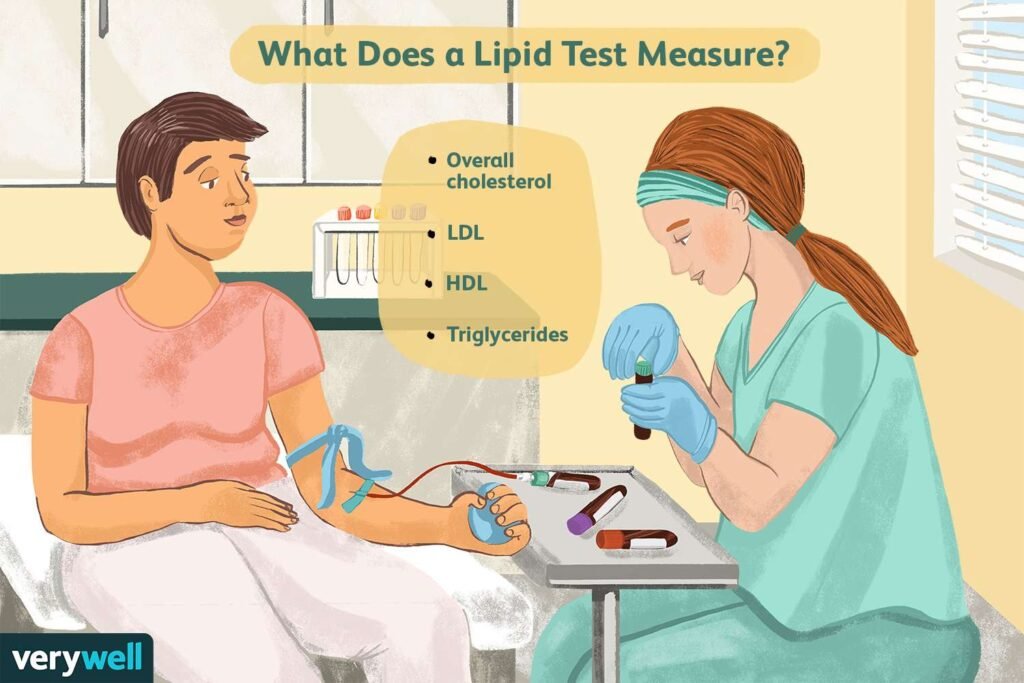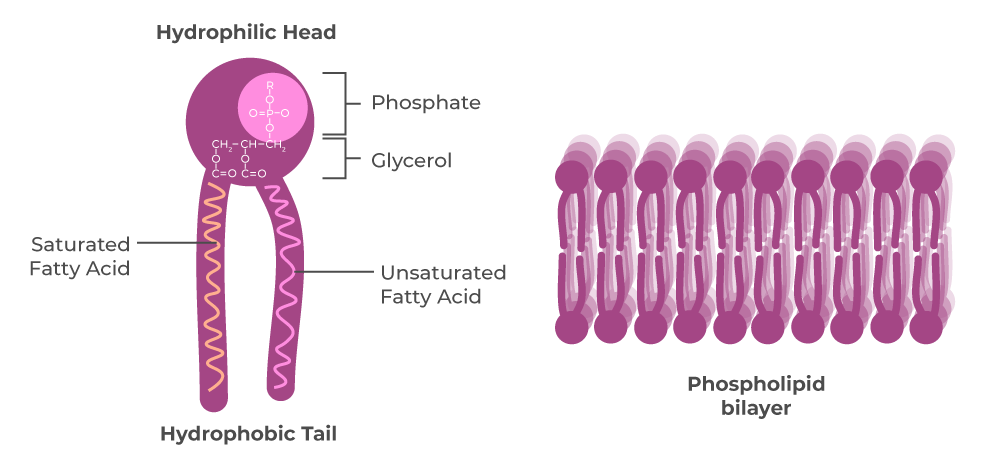Table of Contents
liptid:are you eager to strengthen the bond between you and your body?
In that case, liptid is most likely the last piece of the puzzle in your journey to reach ultimate wellness.
This dietary component, which is not so popular, is now getting the spotlight due to its benefits. As we discuss what liptid is and what it can do for your health, you will see the incredible value of taking it daily. Lipids can increase energy levels and enhance the body’s general functioning. So, let’s take a closer look at this fascinating nutrient.
What is Liptid?
Lipids are a group of bioactive substances found in various foods that play an essential role in multiple life activities within the body. They primarily refer to organic compounds that combine with non-carbon elements such as oxygen and nitrogen. The lipid molecules within them play a significant role throughout the body, and their importance is indisputable.
Lipids facilitate cell interaction. They regulate inflammation and, to some extent, enhance the human immune system, contributing to overall health maintenance.
Compared to vitamins, minerals, and other common nutrients, liptids are not widely recognised; however, they are unique and deserve greater attention.
Research on relevant data indicates that lipids regulate specific metabolic pathways, providing opportunities to reduce energy consumption. Thus, it is evident that liptids are an indispensable component of a healthy diet and can help individuals achieve lasting health.
Consuming foods containing lipids can provide better health benefits, not merely the satisfaction provided by regular foods.
The Importance of Liptid for Overall Health

Lipids are essential for a better state of health. They are a bioactive compound with physiologically active effects on enhancing health.
Studies have shown that lipids also aid in metabolic regulation. Metabolism affects the transformation of food into energy. Thus, it promotes equilibrium between varying components of our endocrines, which is essential for our mood and weight control.
So, there has been an improvement in the heart’s health, which could be attributed to lipids. This has a beneficial influence on cardiac wellness as it regulates cholesterol levels and enhances the blood vessels.
Lipids also have an exciting relationship with immune function. A well-functioning immune system protects against diseases and infections, making this nutrient vital for daily energy.
The addition of lipids to the diet improves the power of the body and the power of the mind. This benefits anyone wishing to lead a holistic, revised lifestyle.
How Liptid Affects the Body
Lipids have different functions within the body. They help control metabolism and efficiently convert nutrients into energy, which is great for maintaining energy levels throughout the day.
Lipids are also beneficial for hormonal balance. If maintained at adequate levels, they can help with mood disorders, among other things.
This compound is also helpful for heart diseases. It lowers the chances of developing heart disease in the long run by fostering reasonable cholesterol levels.
Furthermore, lipids aid digestion by stimulating gut health. I’ve got great news for you: a healthy gut can help digest food and speed up the body’s immune response.
The anti-inflammatory effects believed to be associated with lipids are also of concern. They may assist in managing conditions related to constant tissue injury, thus enhancing many people’s physical health or life.
Foods That Contain Lipid
Lipids are beneficial components in many food items, making their inclusion into your diet easy. Nuts and seeds are among the most prominent sources. They contain healthy lipids along with fats that are ideal for snacking.
Another great option is fish. Fatty fish such as salmon and mackerel not only supply omega 3s but are also efficient in delivering lipid nutrients.
Legumes ought to be mentioned, too. Lentils, chickpeas, beans, and peas contain this vital nutrient compound among their many huge bang-for-the-buck features.
Pay attention to the potential of whole grains! Quinoa, brown rice, and oats are critical in providing large amounts of lipids and overall health.
Some dairy products have also been found to have lipids and lipids. Greek yoghurt or cottage cheese are tasty options that can liven up meals and help you achieve this much-needed nutrient.
Benefits of Incorporating Liptid into Your Diet
When you include lipids in your nutrition, you can gain many benefits. This compound is critical in ensuring the healthy and proper functioning of cells. Consuming meals containing it aids your body systems.
The metabolic function of liptid is also commendable, as it can maintain energy levels. This makes it possible to undertake daily activities with less strain. You could even end up feeling quite energetic, thanks to Lipid.
Furthermore, lipids also promote overall digestive health. This means that lipids facilitate nutrient absorption and help to balance gut flora so that the body can effectively use food.
A mental aspect too can be positively influenced; shorter-term lipids positively impact anxiety and mood, potentially through neurotransmitters.
When topped with liptid-rich foods, your table whole of different flavours and textures is not a sinful delight but an investment in your health.
Possible Risks and Side Effects of Liptid
Lipids have many advantages for human health, but like all other lipids, they must be used cautiously.
For some people, other lipid-rich foods suddenly introduced into their diet could cause bloating or gas until the gastrointestinal system becomes acclimatised to a high-fibre diet.
There is also a risk of allergic reactions. Some sensitive reactions, which may occur infrequently after consumption of specific sources of lipids, may cause skin rashes or other symptoms in some individuals.
Overdosage of lipids could also result in malabsorption of nutrients in the gut. Therefore, a wide variety of lipids should only be introduced appropriately to maintain balance.
If you have medical ailments, consulting healthcare practitioners would be a better option before a dramatic shift in a diet containing lipids. With practice over time, such reactions may be managed efficiently without stressing over them too much.
Tips for Adding More Liptid to Your Diet
Adding more Lipids to your diet is straightforward, and you can enjoy the process. Begin by finding avocados, nuts, seeds, and all plants. These are tasty and provide healthy fats, which will help increase lipid consumption.
Use cooking oil, and vary the type to include olive or coconut oil. These oils add flavour and assist in increasing your lipid levels. Pour the oils over salads or sauté vegetables with them.
Eating healthy snacks is another straightforward way to improve lipid intake. Try hummus and wholegrain crackers or a mix of nuts to satisfy your cravings.
Include fatty fish in the meals as well! Mackerel and salmon are excellent choices, as they are rich in healthy lipids.
Also, try adding chia seeds or flaxseeds to smoothies and yoghurt bowls. They do not change the taste but expand the nutrients delivered.
Conclusion
Lipid is a vital nutrient and can immensely promote health. Its mechanism in the body also opens doors for increasing one’s well-being. As such, taking advantage of lipid foods ensures an array of benefits, including good digestion and higher energy.
Of course, being informed of risks and side effects is essential, but Lipids can be incorporated into a healthy diet in moderation. Thankfully, implementing fundamental measures to boost lipid levels will enable one to reap its benefits quickly.
Further, as you seek out new meals and dishes, make sure lipids are high on your list of nutritional requirements. It’s for your benefit, after all.
FAQs:
What is liptid?
Lipid is a bioactive substance present in food that assists metabolism activity and overall health.
How does liptid boost energy?
Lipid supports the conversion of nutrients into energy and, therefore, enable the body to remain active.
Can liptid improve heart health?
Indeed, Lipids aid in cholesterol management and are beneficial to vascular health.
Which foods contain liptid?
Foods containing Lipid include nuts, seeds, fish, legumes and whole grains.
What is Liptid, and how does it aid digestion?
Lipids are vital for gut healing, as they help absorb nutrients and enhance immune capacity.
Is Liptid a health hazard?
Yes, too much liptid can lead to gas and bloating or other digestive issues.
What sources should I look for when trying to increase liptid?
You can eat avocado, nuts, seeds, and fatty fish to add more liptid.
Does liptid influence one’s mood?
Lipids could increase mood as they can help produce neurotransmitters.
How does liptid impact metabolism?
Its primary functions include the regulation of metabolic processes and the conversion of energy.
Can I take liptid in a high amount?
Yes, lipids should be taken gradually to avoid stomach discomfort, and only after consultation with the doctor.
